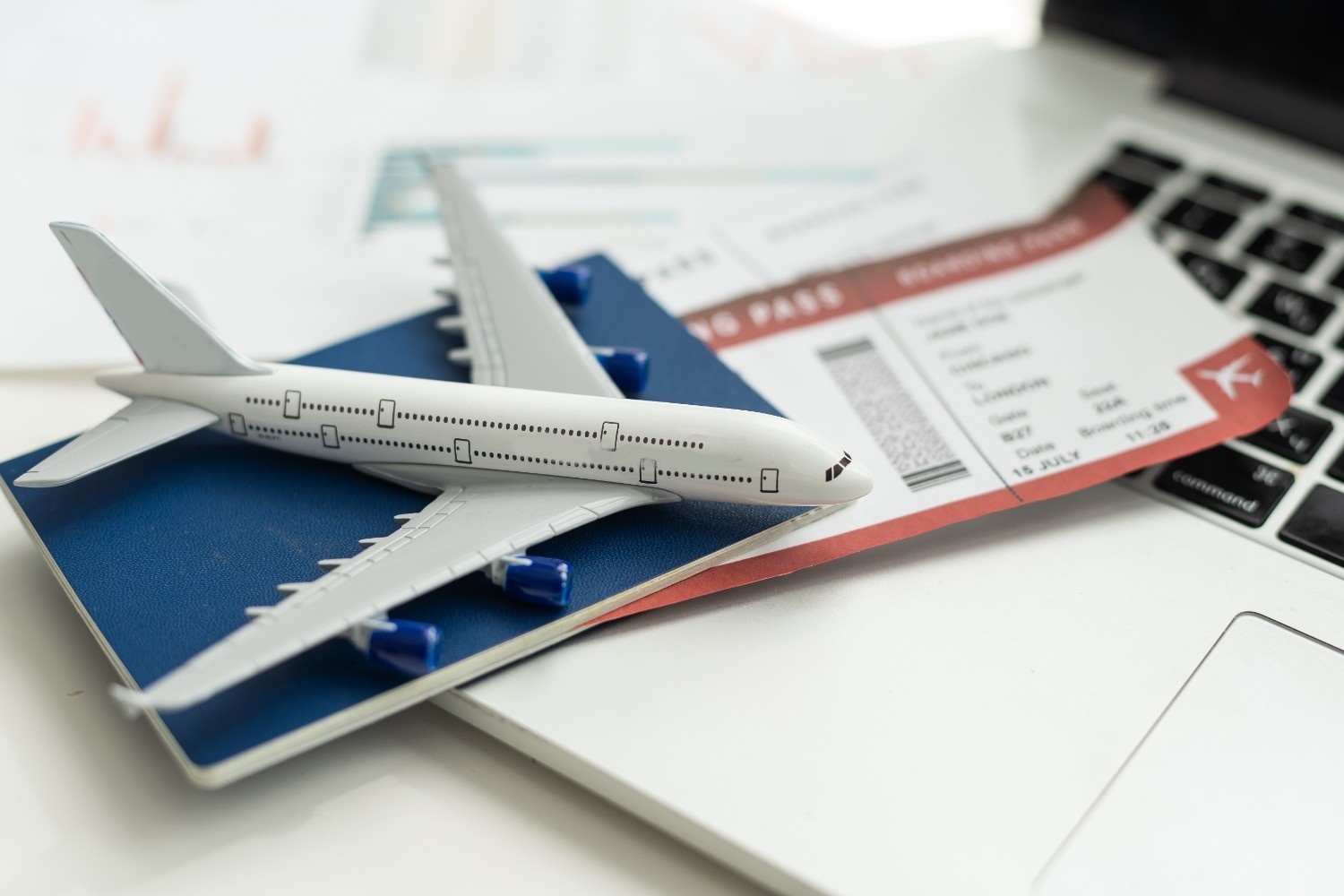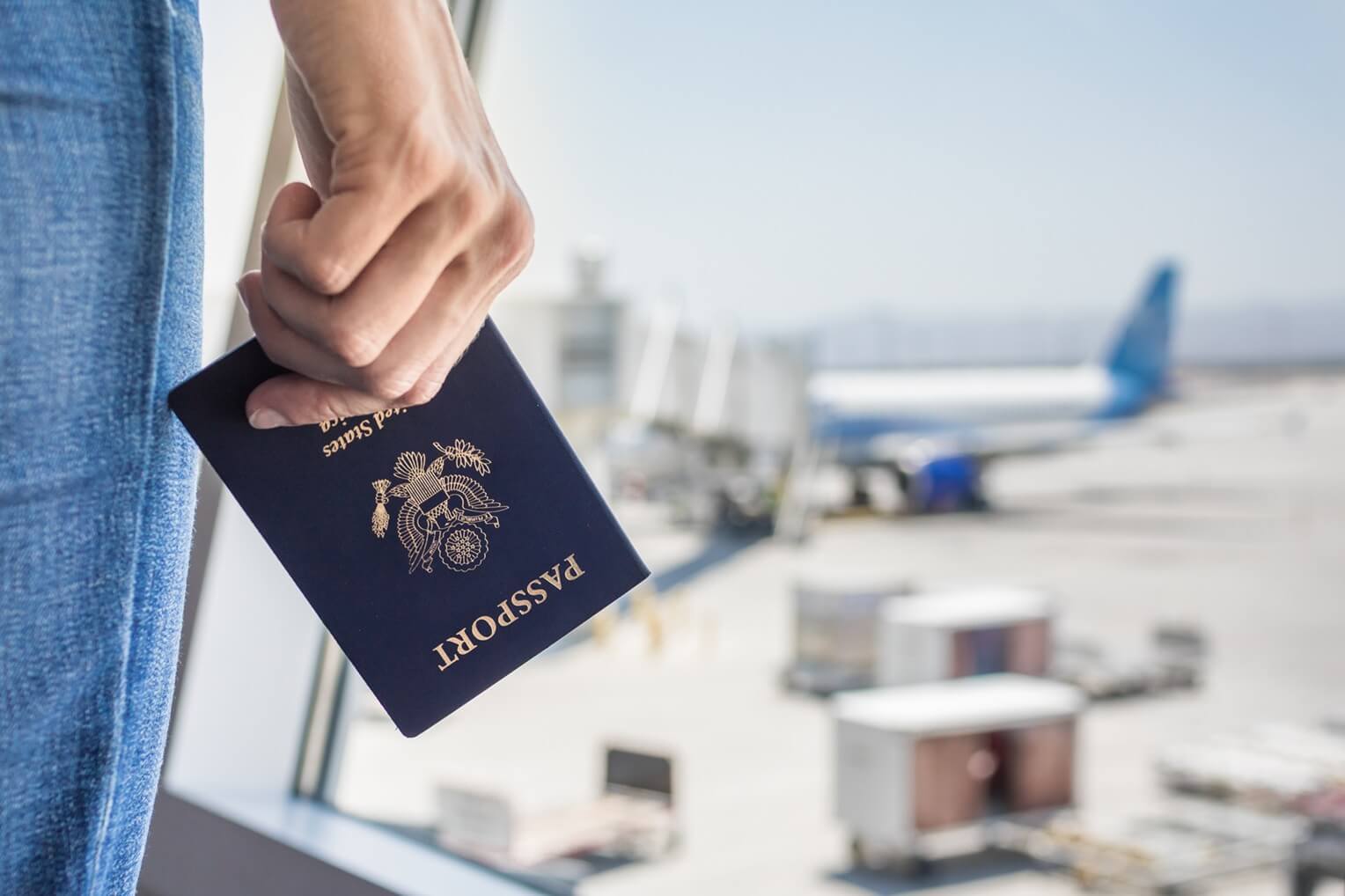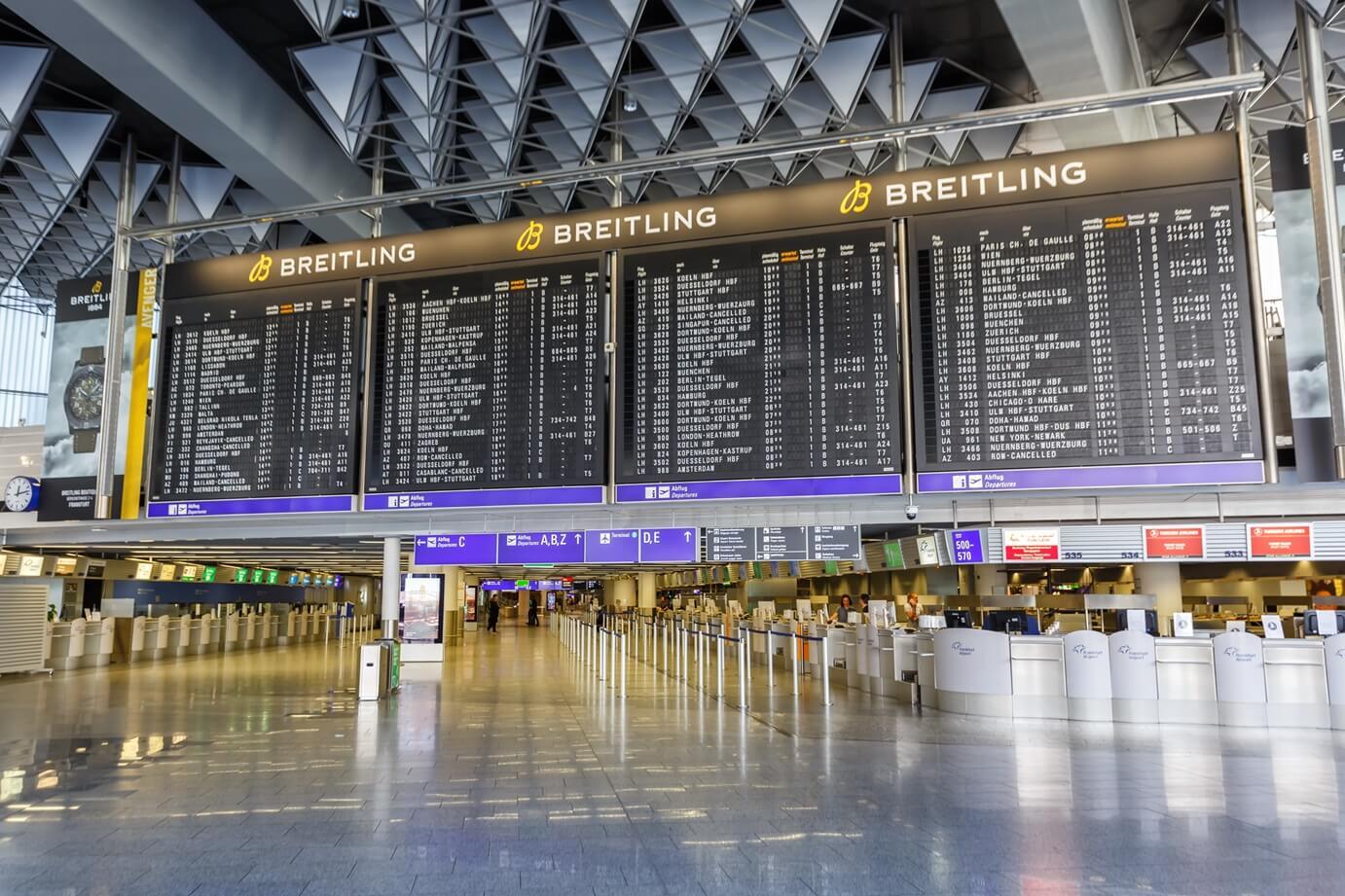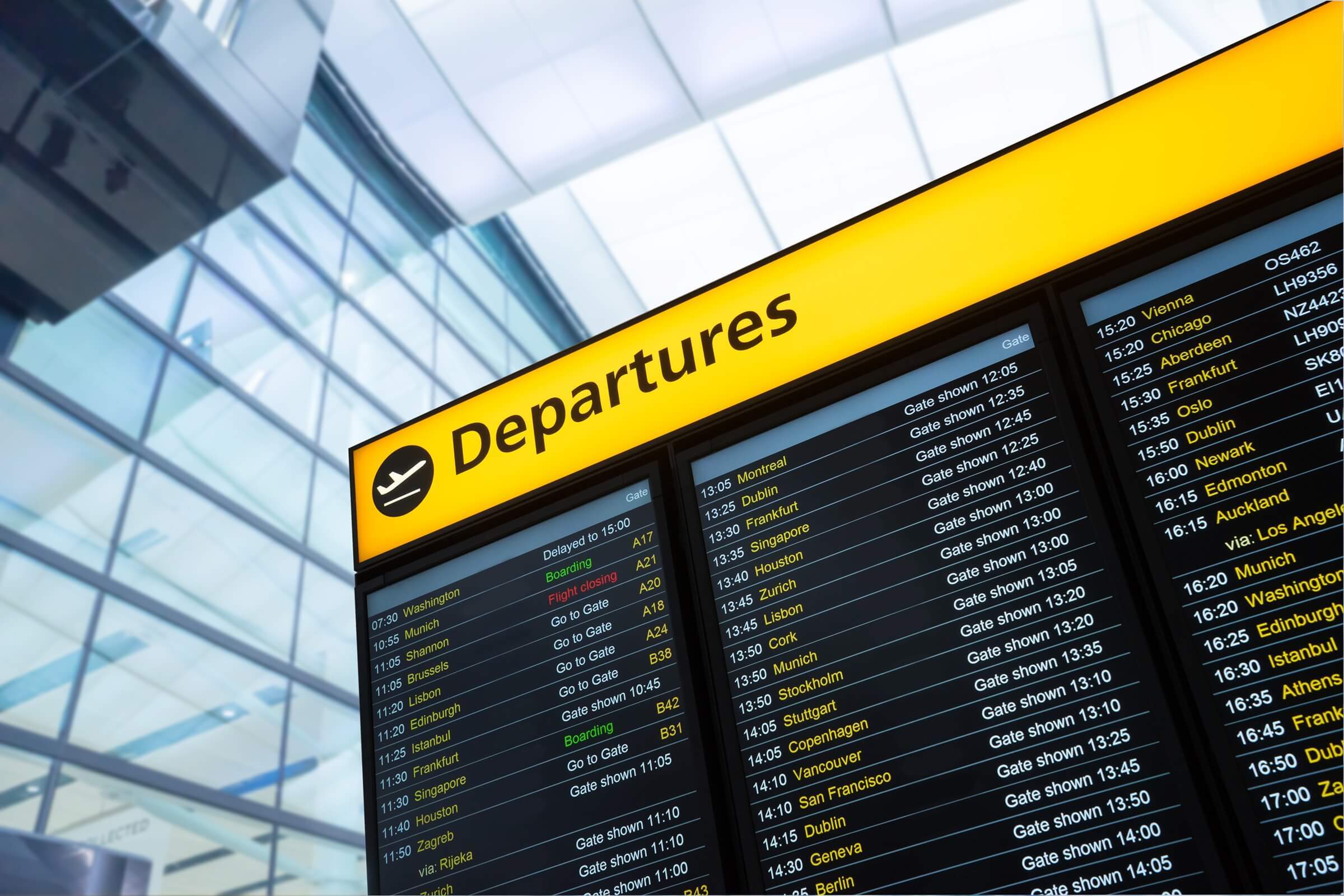Unveiling the secrets of ultra-low-cost carriers

In the ever-evolving landscape of the airline industry, different business models emerge to cater to diverse passenger needs. One such model that has gained prominence is the Ultra-Low-Cost Carrier (ULCC). These airlines have revolutionized the way people travel by offering incredibly low fares, but what sets them apart from traditional carriers? Let's delve into the key elements that define an Ultra-Low-Cost Carrier.
Affordable fares: The cornerstone
At the heart of every ULCC is the commitment to providing passengers with affordable airfares. These carriers take cost-cutting to the extreme, offering basic services at minimal prices. By unbundling services and charging passengers separately for extras like baggage, seat selection, and in-flight meals, ULCCs can offer base fares that often seem too good to be true. This unbundling strategy allows travelers to pay only for the services they value, ensuring a more customized and economical travel experience.
Lean and mean operations
Ultra-Low-Cost Carriers operate on the principle of efficiency and optimization. From the choice of aircraft to the frequency of flights, everything is meticulously planned to minimize costs. These airlines often prefer single-type fleets, which simplifies maintenance and reduces training expenses for crew members. Additionally, ULCCs focus on high aircraft utilization, ensuring that planes spend more time in the air, generating revenue, and less time on the ground.
No frills, no compromises
To maintain their cost advantage, ULCCs adopt a no-frills approach to in-flight services. While traditional carriers may provide complimentary meals, entertainment systems, and spacious seating, ULCCs prioritize affordability over luxury. Passengers on these airlines can expect a more basic experience, with fewer amenities and a focus on getting from point A to point B without unnecessary extras. This streamlined service model allows ULCCs to keep their operational costs down and pass the savings on to their customers.
Secondary airports: A strategic choice
Ultra-Low-Cost Carriers strategically choose to operate from secondary airports rather than major hubs. By avoiding crowded and expensive airports, these carriers can negotiate lower landing fees and operational costs. This strategic decision not only contributes to overall cost savings but also allows ULCCs to target underserved markets. Passengers looking for budget-friendly options are often willing to travel a bit further to access these secondary airports if it means significant savings on their airfare.
High load factors and rapid turnarounds
ULCCs rely on high load factors to maximize revenue on each flight. Achieving a high load factor means filling as many seats as possible on every flight, which requires a keen understanding of passenger demand, effective pricing strategies, and efficient route planning. Additionally, ULCCs prioritize quick turnarounds between flights to minimize ground time and keep their aircraft in the air, generating revenue. This focus on efficiency ensures that every moment is utilized to the fullest extent.
Adaptability and innovation
In a dynamic industry like aviation, adaptability is key to survival. Ultra-Low-Cost Carriers continuously innovate and adjust their strategies to navigate changing market conditions. Whether it's embracing new technologies to enhance operational efficiency or introducing creative revenue streams, these airlines stay ahead of the curve. By remaining flexible and responsive to market trends, ULCCs can maintain their competitive edge and continue offering budget-friendly travel options to a diverse range of passengers.
In conclusion, the success of Ultra-Low-Cost Carriers lies in their unwavering commitment to providing affordable air travel. Through a combination of cost-cutting measures, operational efficiency, strategic airport selection, and adaptability, these airlines have carved out a niche in the industry. While their no-frills approach may not appeal to every traveler, ULCCs have undoubtedly democratized air travel, making it more accessible to a broader audience than ever before. If you experience flight irregularities with low-cost carriers, you can claim your compensation through MYFLYRIGHT. Our experienced team is ready to assist you in enforcing your passenger rights and ensuring that you receive the compensation you are entitled to. Trust MYFLYRIGHT to provide support in cases of flight delays, flight cancellations, or denied boarding with low-cost airlines.
Latest posts
Flying during strike season? How to protect your rights
Traveling during strike season? Learn how to protect your passenger rights and fly stress-free despite the challenges!
Extraordinary circumstances in flight delays and cancellations
Find out what extraordinary circumstances are for flights, how they affect your rights, and when compensation is possible.
Top European airlines with delays and cancellations
Discover the top European airlines with the most delays and cancellations. Learn causes, trends, and tips to avoid travel disruptions.
About MYFLYRIGHT
MYFLYRIGHT is a legal tech company, specialized in the support of airline passengers affected by flight delays, flight cancellations, denied boarding, delayed or lost luggage and the refund of unused airline tickets. MYFLYRIGHT was founded 2016 in Hamburg, Germany. The company operates out of 3 offices, its headquarter in Hamburg and its branches in Prague, Czech Republic and Zaporizhia, Ukraine. Currently, MYFLYRIGHT employs a team of around 25 people working in Marketing, Operations, Legal, Customer Support and IT. The organization operates across 5 markets – Germany, United Kingdom, Romania, Austria, and Switzerland.
MYFLYRIGHT’s goal is to provide access to justice for all aviation passengers who experience irregularities in their flight transportation. Notably, 75% of all compensation requests submitted by passengers get rejected. Whereas, MYFLYRIGHT is able to successfully execute the applicable customer claims in more than 98% of cases at court.












